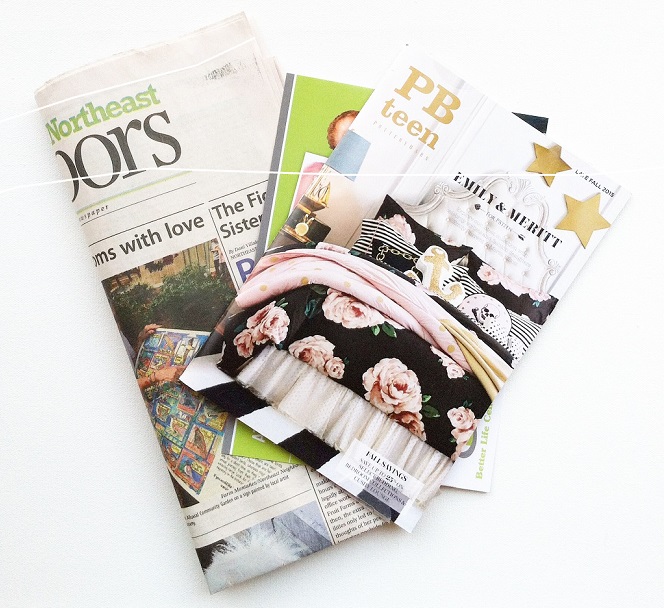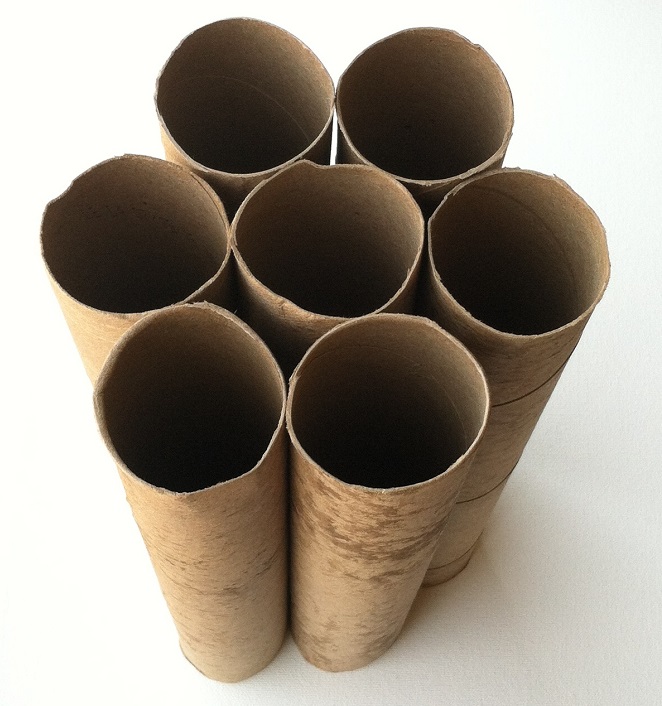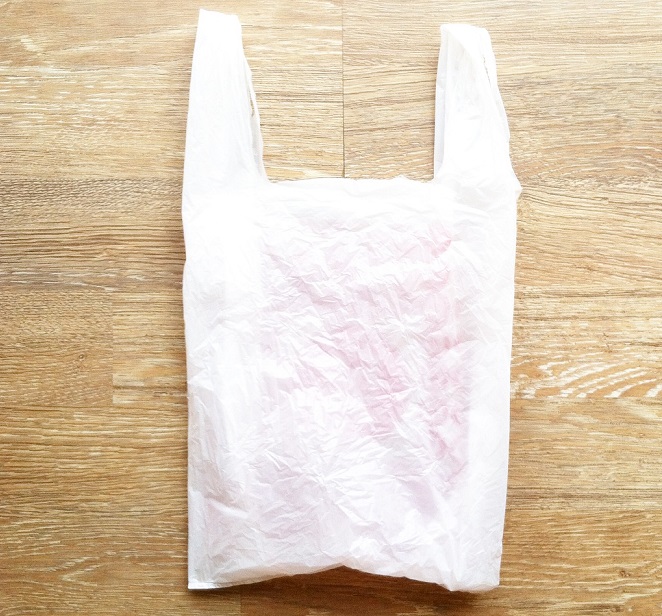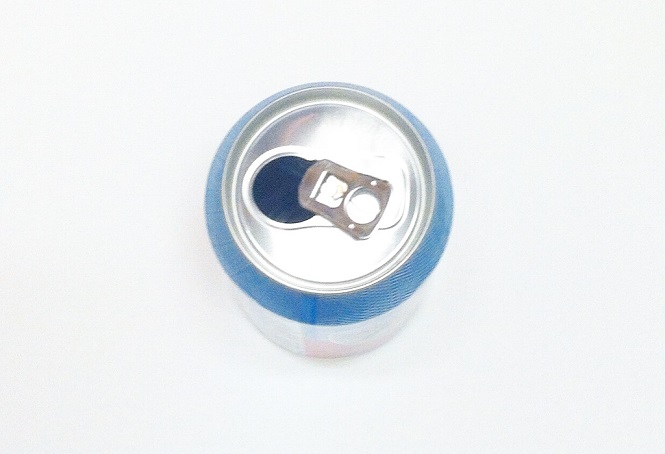Sometimes knowing what to put in your recycling bin can be a bit confusing. Although many recycling programs are different depending on where you live and who provides the service, there are many materials that should be able to be recycled no matter where you live. Always make sure you are up-to-date on your local recycling program’s restrictions.







Paper
Many types of paper can be included in your curbside recycling including newspaper, catalogs and magazines, paper products such as gift wrap, envelopes (even ones with plastic windows), paper bags, copy paper and so on. Phonebooks and shredded document are recyclable, although some recycling programs do not allow these items to be included with your curbside recycling but do have designated drop-off locations and/or events specifically for those items. The Better Business Bureau is always conducting free document shredding events throughout the U.S. Check the Better Business Bureau website, click on Programs & Services and find the next Secure Your ID Day near you.
Cardboard
In most cases, all types of cardboard can be easily recycled, although recycling collectors often require that cardboard boxes be flattened before collection. Pizza (and other food) boxes should be free of any food or grease, which could contaminate whole batches of recycling. Paper cardboard dairy and juice cartons are coated with resin or wax and cannot be recycled in all recycling programs. Although, Waste Management, Tropicana Products, Dean Foods and select carton manufacturers have launched a program in which residents can recycle these containers in regular recycling bins. This program began in Florida and has been expanded across the country. Check to see if your community is a part of this program.
Glass
Some curbside programs and recycling centers take only certain colors of glass. Typically, clear glass bottles, green (emerald) glass bottles and brown (amber) glass bottles are accepted in most recycling programs.
Plastic
Most curbside pickup programs allow you to recycle plastic bottles, jars and jugs. Plastics must be sorted specifically by the chemical makeup of the materials used to make the item. If plastics comingle, entire batches can be wrecked and will end up in the landfill. Make sure to rinse out the bottles and remove your lids.
Plastic Bags
Plastic Bags can be recycled, but not typically through your city’s recycling program because they can jam up the equipment if they get caught in it. Most local grocery stores or big box retailers have a bin for you to drop off your plastic bags; they are then sent on to become products like plastic decking or new plastic bags. But make sure you check with your local municipality – I just discovered that I can put plastic grocery bags in my recycling bin.